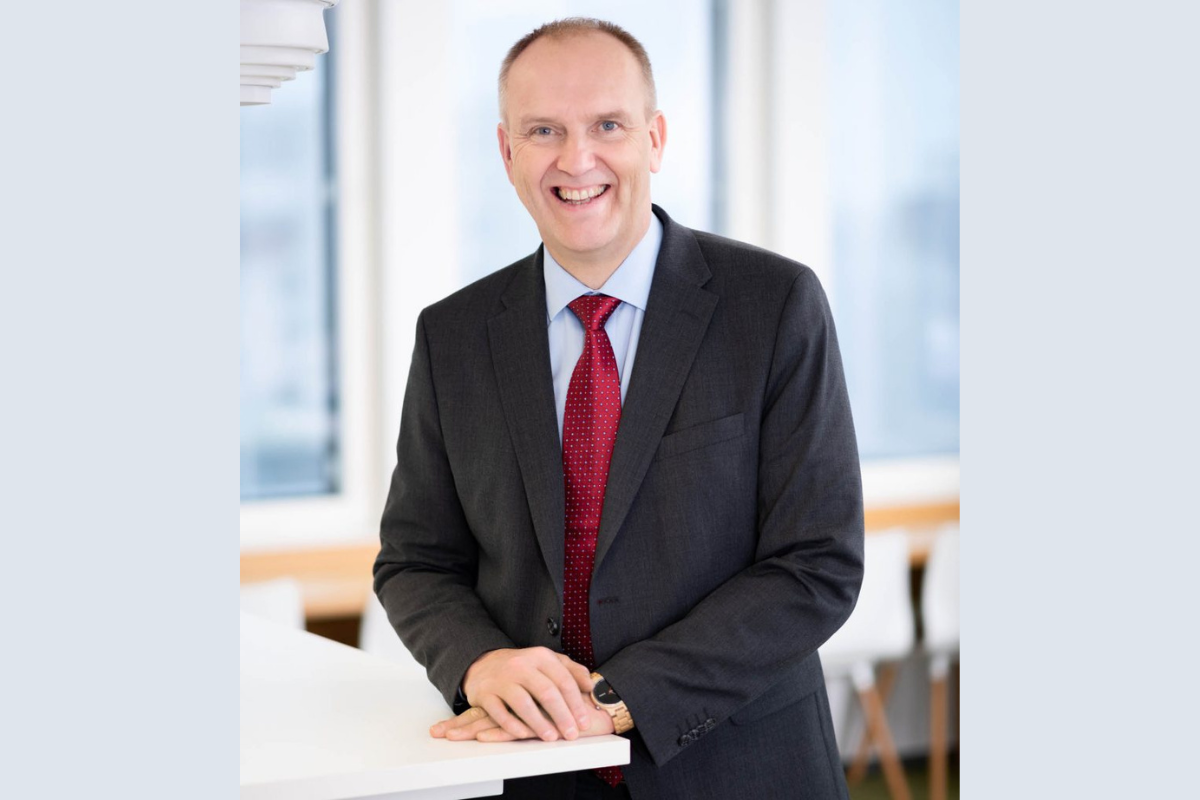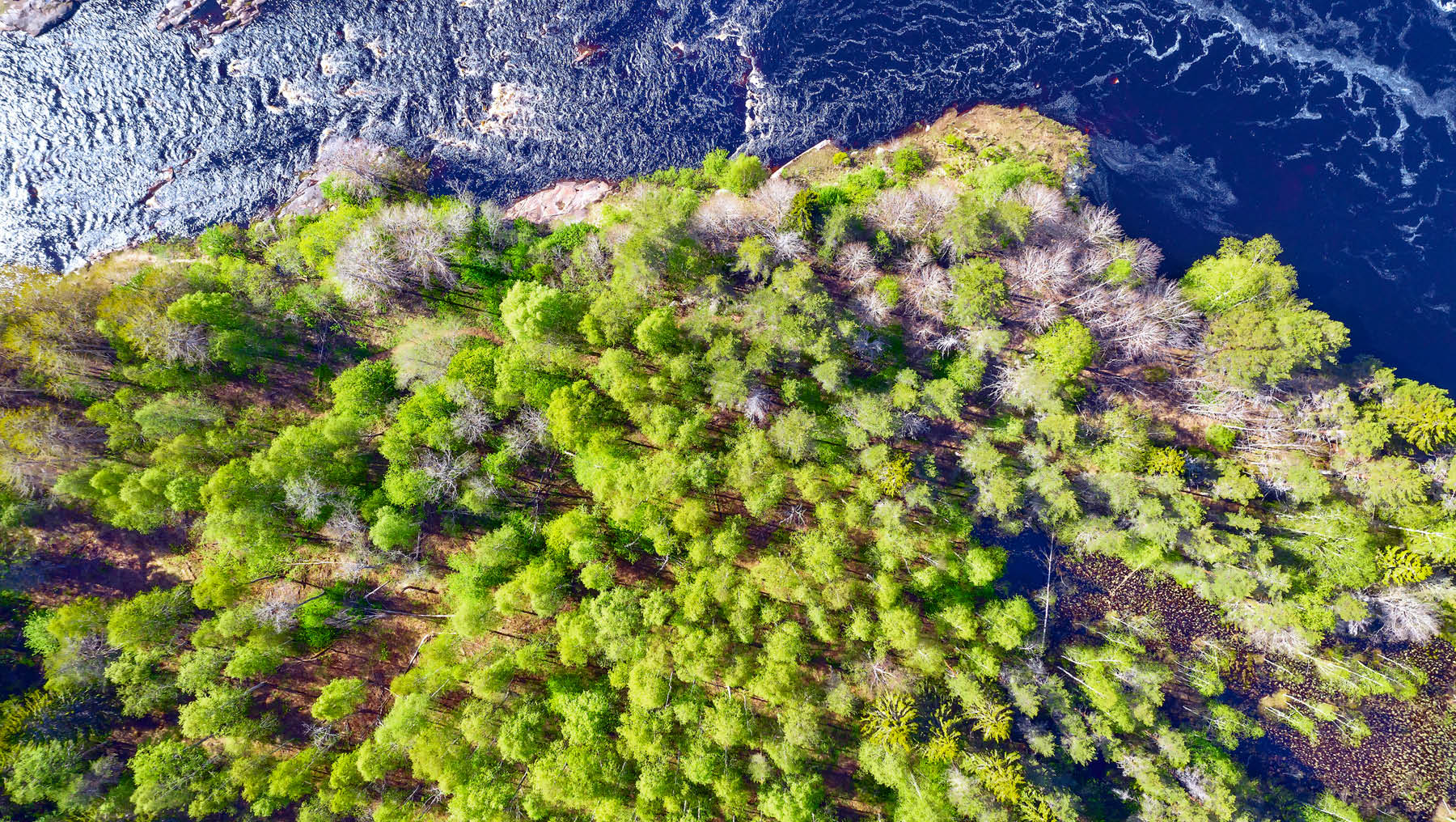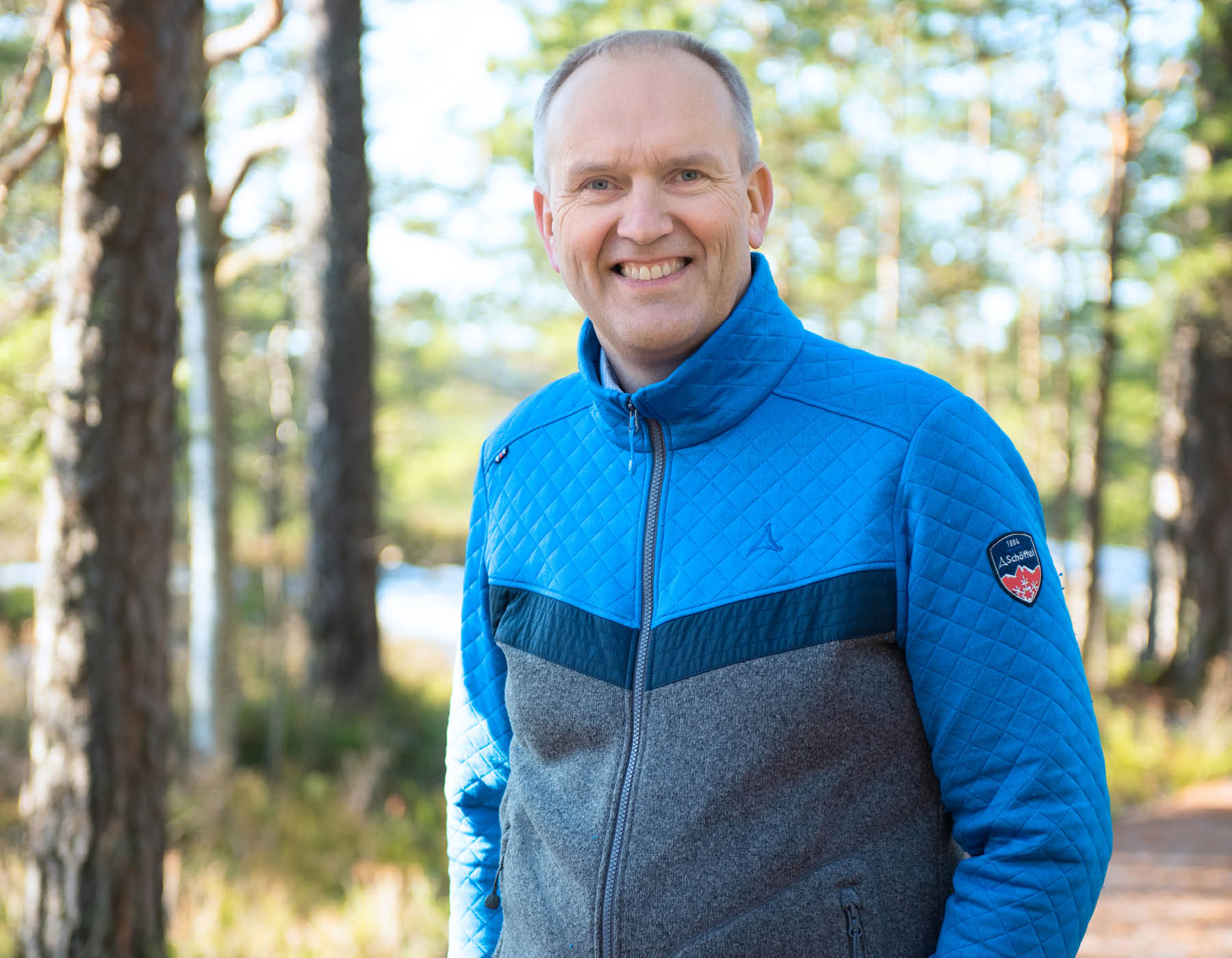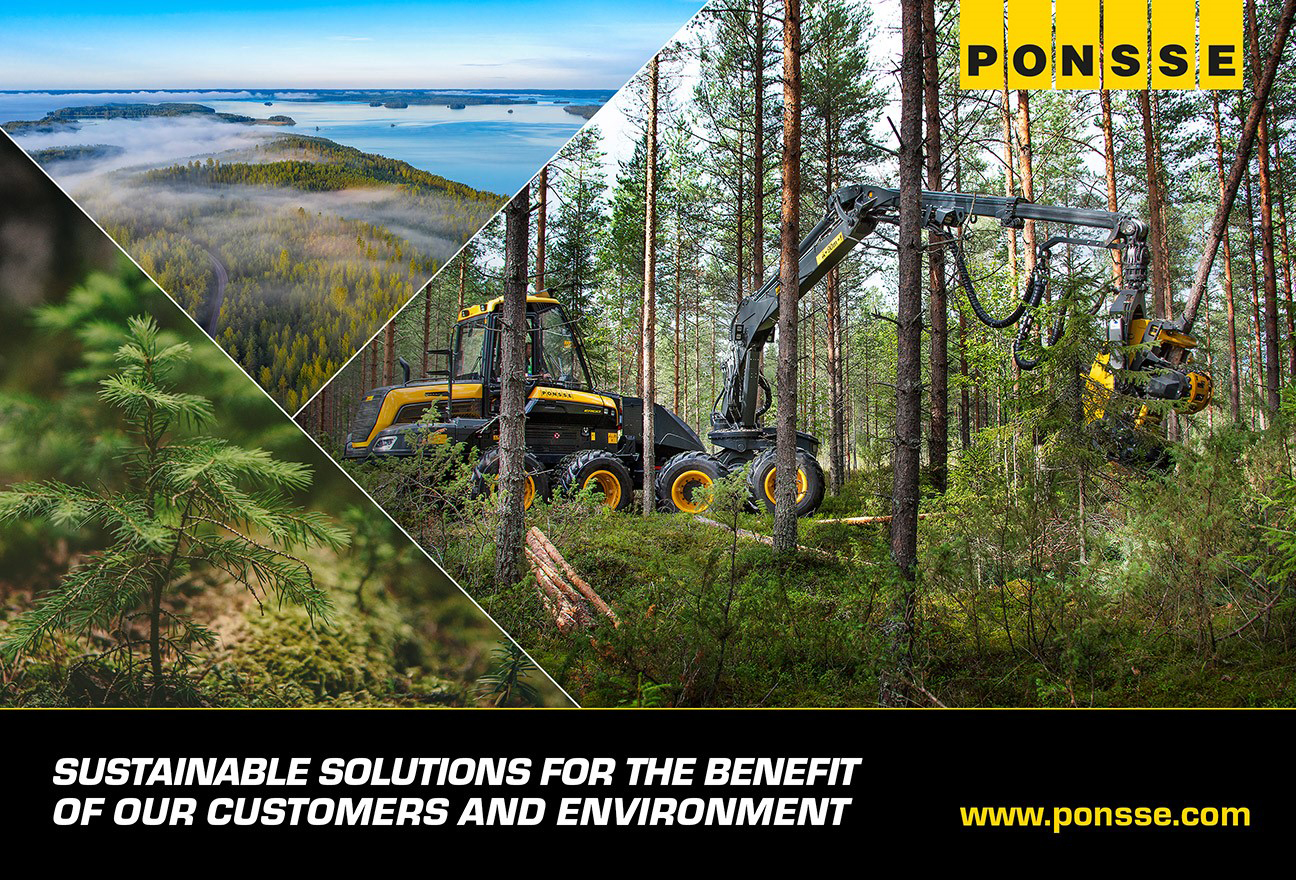Juha Niemelä didn’t take much persuading when the role of Director General at Metsähallitus became available towards the end of 2019. The organization is a state-owned parks and wildlife enterprise in Finland, managing areas totaling 120,000 square kilometers – a third of the country’s total land mass.

Having trained in forestry, gained a doctoral degree in agriculture and forestry, and with a lifelong love of the Finnish countryside, the chance to get back to nature was too tempting an opportunity for him to pass up.
He’d spent the previous four years as Director General at the Natural Resources Department of the Ministry of Agriculture and Forestry. Prior to that, he’d led the Central Finland Centre for Economic Development, Transport and the Environment.
“As a proud forester, this is a dream job for me, even though heading up a state enterprise was a bit of a jump. At the ministry, I was very close to the political decision-making, but here I’m close to our customers, which I love,” Niemelä tells The CEO Magazine.

We have very conflicting objectives in protecting nature while at the same time using and managing natural resources.
Metsähallitus has an annual turnover of US$424 million and employs 1,200 people. Its finances are controlled by the Ministry of Agriculture and Forestry and it is a proud member of the European State Forest Association, which represents state companies and agencies involved in sustainable forest management and wood production. It currently has 36 members in 25 European countries.
Dealing with strife
Niemelä began his five-year term as Director General at the beginning of 2020, and he is responsible for day-to-day administration and ensuring that the accounting and finances comply with the relevant legislation. But his biggest challenge during those first few months wasn’t about budgets or indeed trees; it was about sorting out some internal strife.
“When I joined, it had been through some years of turmoil. There had been a long legislative process, which had led to a new law and two different CEOs and this had caused problems,” he says. “So my main task was to calm the situation down and start the process of building a new culture.”
It wasn’t an easy ask as there was no comparable organization that he could use as a guide or template. “There really isn’t anyone like us anywhere in the world so our situation is unique. For us, everything starts with nature and our responsibility is to protect it,” he says.
“But we’re also unique in that we have very conflicting objectives in protecting nature while at the same time using and managing natural resources. So there are always plenty of heated discussions going on about carbon emissions and biodiversity loss, with demands from the government and the European Union around forestry strategies.”
We signed an agreement to build a huge wind park offshore, about 15 kilometers from Korsnäs, that’ll produce 1300 megawatts – almost as much as a nuclear power plant.
Traditionally, Metsähallitus has concentrated most of its focus on forestry, which makes up around 80 percent of its turnover. It is responsible for about eight percent of Finland’s round timber and has the right to fell trees and sell the timber from the vast state forests situated in the country’s north and east, outsourcing all the cutting, logistics and transportation to approved private companies.
Clean energy
It’s one of the biggest raw material suppliers for the sawmills and pulp mills in the north, and a decade ago it also became one of the country’s prime movers in clean energy generation. “We became involved with wind turbines and by the end of 2021, about 14 percent of Finnish wind power was produced in the areas we’ve been developing,” Niemelä says.

Working With Google
The largest onshore wind park developed by Metsähallitus has 41 wind turbines, and its biggest corporate customer may come as a surprise. “Around 60 percent of the energy generated there is bought by Google,” Niemelä says.
The deal with the search engine giant – the world’s biggest investor in renewable energy – was agreed in 2018 as part of Google’s commitment to carbon neutrality and only using sustainable energy at its US$636 million Hamina data center.
“We don’t produce the energy ourselves, but we do all the environmental assessments, get building permits and other land use permits to facilitate it. And just before Christmas, we signed an agreement to build a huge wind park offshore, about 15 kilometers from Korsnäs, that’ll produce 1300 megawatts – almost as much as a nuclear power plant.”
Niemelä has nearly two years left of his term and has ambitious plans to enable more clean energy projects on state land and to sustainably use the forests and waters that have always meant so much to him. “In Japan, some doctors prescribe a half-hour daily walk through a forest as a treatment for stress or anxiety. I think that’s something that would work for Nordics, too,” he says.



